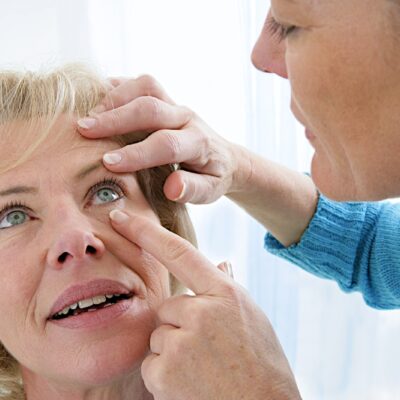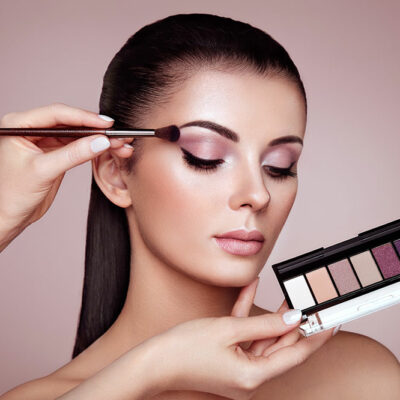
Health
Medicare Myths: 7 Things Not Covered by Medicare
Navigating the world of Medicare can sometimes feel like solving a mystery. With so many different plans and options, it’s easy to get lost in the details. While Medicare is a fantastic program that provides essential health benefits to millions of Americans, it doesn’t cover everything. If you’re considering Humana Medicare or AARP Medicare, it’s important to know what these plans do and do not cover. Let’s dive into some common misconceptions about Medicare coverage. 1. Routine dental care Medicare doesn’t typically cover routine dental care. This means regular check-ups, cleanings, fillings, and dentures are usually out-of-pocket expenses. Some Medicare Advantage plans, like those offered by Humana Medicare, might include dental benefits, but it’s crucial to check the specifics. If maintaining that pearly white smile is important, consider supplemental dental insurance or a Medicare Advantage plan with dental coverage. 2. Vision care Regular eye exams, glasses, and contact lenses are also not covered by standard Medicare. For those who wear glasses or contacts, this can be a significant expense. AARP Medicare Advantage plans sometimes offer vision benefits, so it’s worth exploring these options if eye care is a priority. Remember, Medicare will cover eye exams related to certain medical conditions like diabetes, but routine care is generally not included.
Read More 















